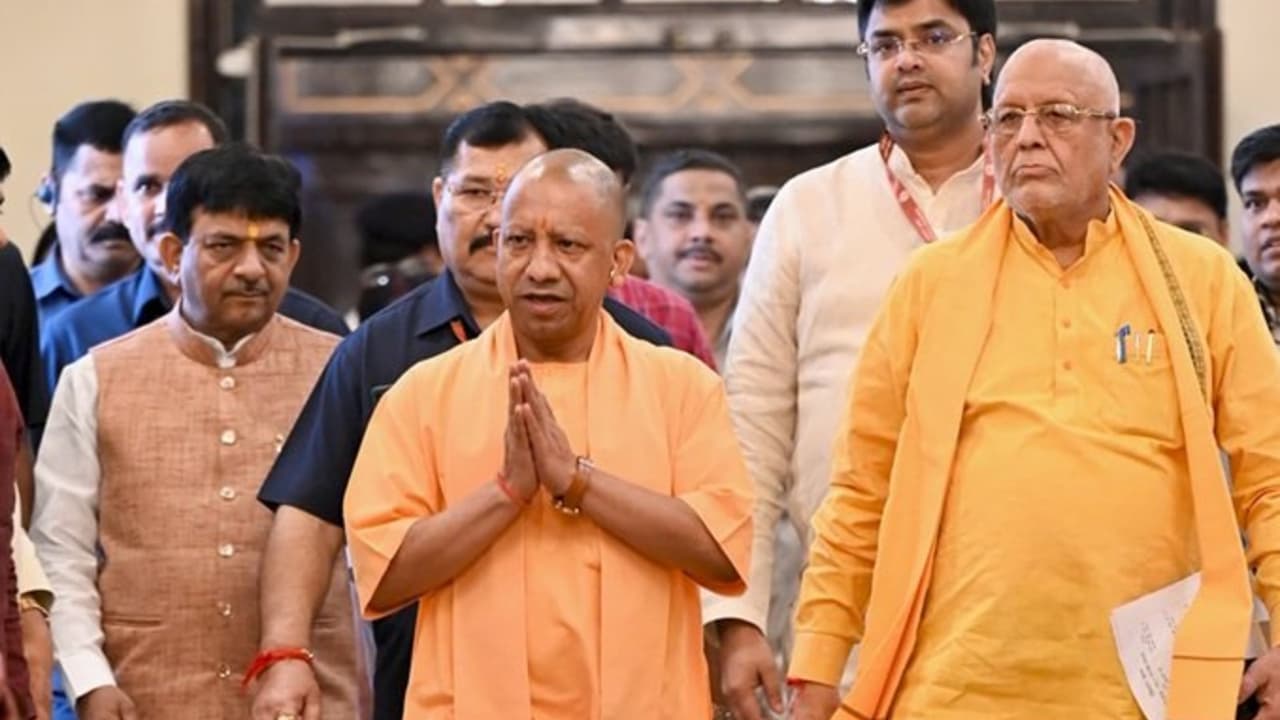At a UPSIFS seminar, experts highlighted digital evidence as crucial in judicial cases, especially without witnesses. UP is building a framework to recognize digital evidence, expand video conferencing and accelerate judicial reforms.
Lucknow: Digital evidence plays a decisive role in judicial cases, becoming even more critical when no witnesses are available. In the 26/11 Mumbai attacks case, internet transcripts were pivotal in securing Kasab’s conviction. Retired Justice Talwant Singh, speaking at the UPSIFS seminar on the Importance of Digital Evidence in Judicial Matters, emphasised that digital evidence today is not only vital in judicial cases but also key to ensuring transparency and efficiency in judicial processes.
During the seminar, Justice Talwant Singh said that several steps are being taken to promote judicial reforms in the state. Under the leadership of the Chief Minister, the judiciary in the state is being strengthened with a technological approach, and the necessary framework is being prepared in the state to grant recognition to digital evidence.
To further intensify the efforts, video conferencing facilities have been expanded to bring transparency and speed to the functioning of state courts. In addition, CM Yogi has announced several reforms to further strengthen the judicial framework of the state, so that judicial proceedings can take place more swiftly and transparently.
This seminar is a testament to Uttar Pradesh’s rapid progress in judicial reforms, indicating that positive outcomes are likely to be seen in the future. Defining digital evidence, he said, “All data that is born in digital form and collected in one place.” He described it as essential to deal with the challenges of increasing cybercrime, noting that it has now become an integral part of almost every investigation, whether the matter relates to theft, robbery, or cybercrime. “In my view, scientific and digital evidence play a crucial role in strengthening the prosecution’s case and thereby aid in conviction,” he added.
The retired justice referred to the new provisions of the Bharatiya Sakshya Adhiniyam (BSA), explaining that the Act facilitates the acceptance of digital evidence, which includes oral statements recorded through video calling and video recordings. Citing Section 273 of the Code of Criminal Procedure (CrPC), he explained that video conferencing has now become a valid method for recording witness statements.
Clarifying the difference between digital and electronic records, he said that digital records, such as scanned PDFs, CCTV footage and electronic records, such as emails, SMS, and server logs, are two distinct types. Referring to Section 63 of the Bharatiya Sakshya Adhiniyam (BSA), he explained that for digital records to be authentic, the device must be regularly used, data is normally recorded, and the functionality of the device is proper.
